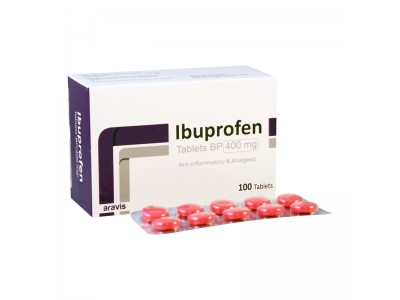There are several alternatives to ibuprofen (a nonsteroidal anti-inflammatory drug, or NSAID) and acetaminophen (a pain reliever and fever reducer) that can help reduce swelling and bruising after an injury:
Aspirin: Like ibuprofen, aspirin is an NSAID that can help reduce inflammation and swelling. It also has blood-thinning properties that may be beneficial for reducing bruising.
Arnica: Arnica montana is an herbal remedy available in topical forms such as gels and creams. It is believed to have anti-inflammatory properties and may help reduce bruising and swelling when applied to the skin.
Ice: Applying ice packs or cold compresses to the injured area can help reduce swelling and numb pain. This is often recommended immediately after an injury and during the first 48 hours.
Compression: Using an elastic bandage or compression wrap around the injured area can help reduce swelling by applying gentle pressure and supporting the injured tissues.
Elevation: Elevating the injured area above the level of the heart, if possible, helps reduce swelling by promoting drainage of excess fluid.
Turmeric: Curcumin, a compound found in turmeric, has anti-inflammatory properties. It can be taken as a supplement or used in cooking to potentially help reduce inflammation and swelling.
Bromelain: Found in pineapple, bromelain is an enzyme that may have anti-inflammatory effects. It is available in supplement form and may help reduce swelling and bruising.
Topical creams and gels: Over-the-counter creams and gels containing ingredients like menthol, camphor, or capsaicin can provide temporary relief from pain and may have mild anti-inflammatory effects.
When considering alternatives to ibuprofen or acetaminophen, it's important to consult with a healthcare provider, especially if you have existing health conditions or are taking other medications. They can recommend the most appropriate treatment based on your individual needs and ensure that it is safe and effective for you.

